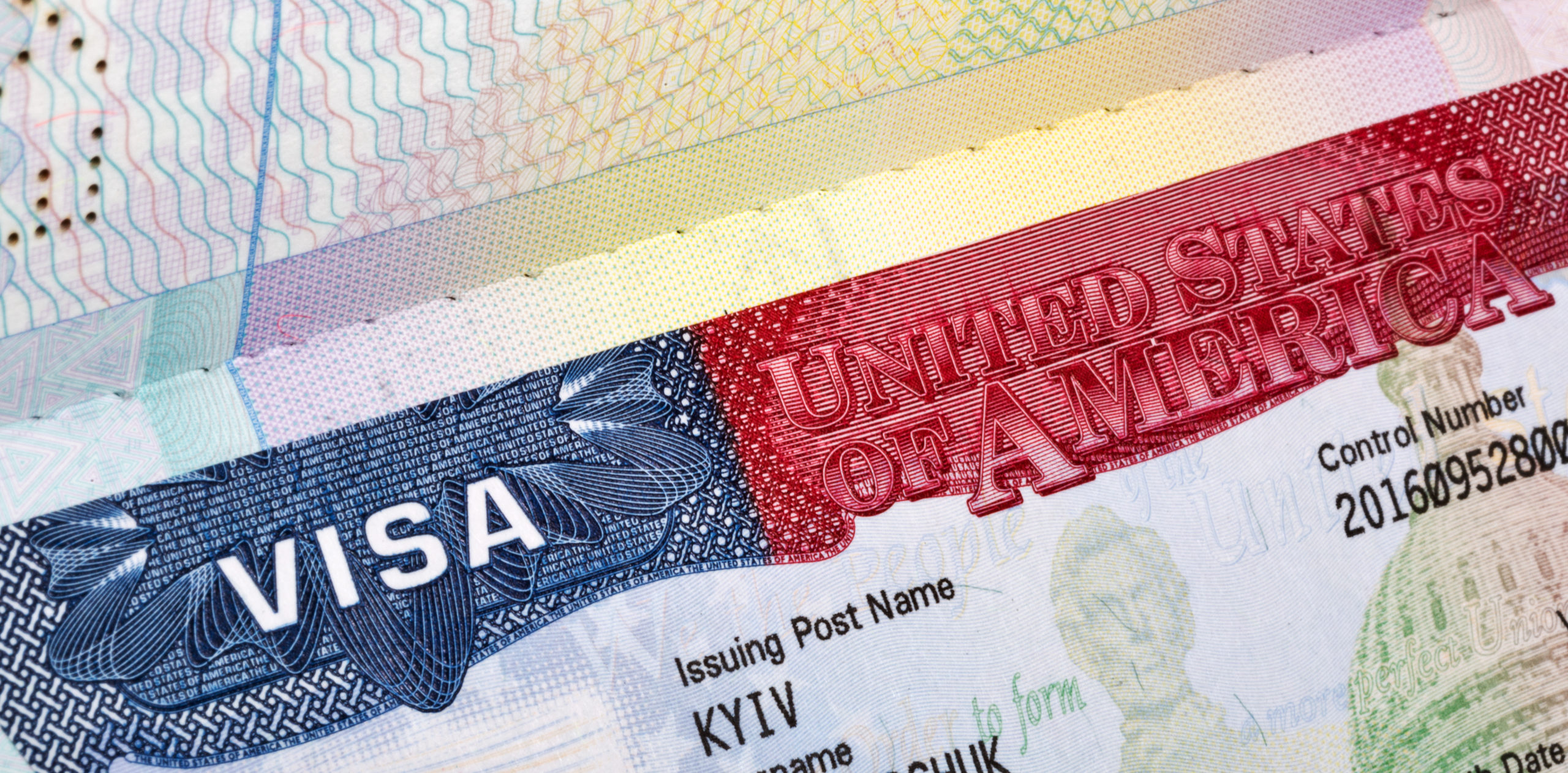SOURCE: CMC — The United States Department of State has announced that consular officers in the Caribbean and other places are now temporarily authorised, through December 31, 2022, to waive in-person interviews for certain individual petition-based nonimmigrant work visas and their qualifying derivatives.
The categories for the qualifying derivatives include Persons in Specialty Occupations (H-1B visas); Trainee or Special Education Visitors (H-3 visas); Intracompany Transferees (L visas); Individuals with Extraordinary Ability or Achievement (O visas); Athletes, Artists and Entertainers (P visas); and Participants in International Cultural Exchange Programs (Q visas).
Additionally, US Secretary of State Antony Blinken has extended consular officers’ current ability to waive the in-person interview, through December 31, 2022, for other categories of nonimmigrant visas: Temporary Agricultural and Non-agricultural Workers (H-2 visas); Students (F and M visas); and Student Exchange Visitors (Academic J visas).
“The Department of State recognises the positive impact of temporary work visa holders on the US economy and is committed to facilitating nonimmigrant travel and reducing visa wait times. We recognise the many contributions of international visitors to our communities and campuses,” said the department in a statement.
It also added that the authorisation to waive the in-person interview for applicants renewing a visa in the same visa class within 48 months of the prior visa’s expiration has been extended indefinitely.
The State Department said that the COVID-19 pandemic resulted in “profound reductions” in the department’s visa processing capacity and that it is taking these temporary steps “to further our commitment to safely and efficiently reduce visa wait times while maintaining national security as our priority.”
The State Department said it made its determination with the concurrence of its Department of Homeland Security partners.
“Embassies and consulates may still require an in-person interview on a case-by-case basis and dependent upon local conditions,” the State Department said. “We encourage applicants to check embassy and consulate websites for more detailed information about this development, as well as current operating status and services.”




